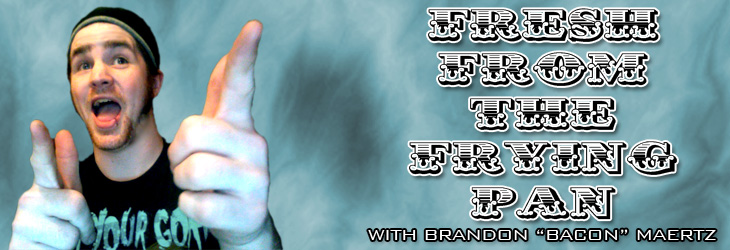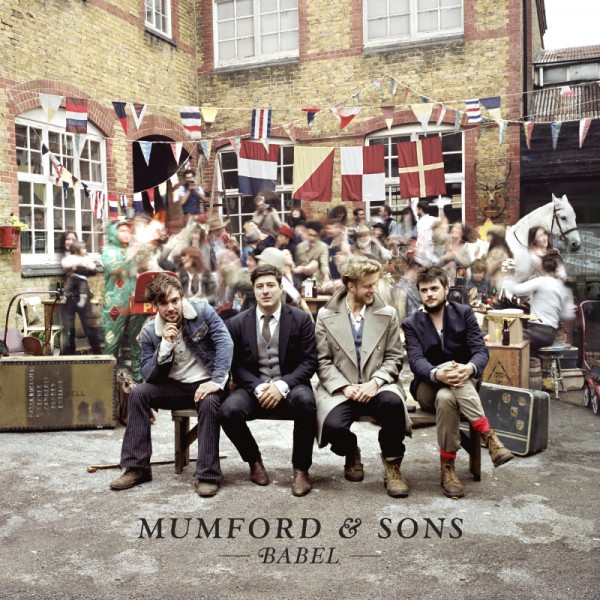
Hello new readers. I can safely say so as this is technically my first article. Sitting at the bottom of the Hot 100 chart this week is “Ghosts That We Knew” by the English folk powerhouse Mumford and Sons. The aforementioned quartet of Englishmen took over the airwaves in early 2010 with raw, timeless acoustic songs that were so simple and at the same time so incredibly grandiose. Quintessential multi-instrumentalists armed with their choir of honest, un-altered voices, earthen acoustic instruments, and a few assorted pieces of a drum kit. Suffice to say, 2009’s Sigh No More was an amazing record. The debut single “Little Lion Man” is not far off in the memory of the pop music masses, and before we could begin to forget them or write them off as a flash in the pan, they hit us with the second half of the 2-piece combo manifested in September’s Babel. Oh man am I freakin’ excited.
Enough background, lets get to “Ghosts That We Knew”. Appearing mid-album, this slow building ballad opens with a finger picked acoustic guitar and the bare croon of Marcus Mumford. Small imperfections, finger squeaks, and slight slips in tempo can be heard throughout. This track is so un-processed that at one point you hear someone shift in their chair during the recording of the main acoustic track. The song progresses slowly; first with a light vocal harmony in the refrain, eventually a banjo or perhaps a dobro, a bass, and perhaps a light pad of strings for atmosphere. Marcus’ soothing but gruff voice paints a picture of a married man under some sort of duress. The source of his pain is never elaborated upon, but it is made clear that it compromised his marriage. The real beauty in the lyric is his understanding and acceptance of his “recent disgrace” and that his wife shows nothing but support; “But you saw no fault/No cracks in my heart/And you knelt beside my hope torn apart”. They are coping with some sort of problem that we have deemed a figurative ghost that will eventually fade away. It is in the embrace and encouraging words of his wife that he finds solace and the strength to bury this issue and live a long life together. Unlike “Little Lion Man”, “Ghosts That We Knew” does not build into a cacophony of harmony and choral splendor, but stays sparse, steady and upbeat until it simmers down to the vocal and a single guitar in the final lines.
Realistically, this track belongs at the bottom of the Hot 100. It is a real slow burner of a track that will not quite excite pop music fans quite like the single “I Will Wait”. Mumford fans will appreciate the simplicity, the genuine message, and the cooled down feel. With Babel topping the Top 200, Rock, Alternative, Independent, Folk and UK album charts (yea… all at once), those who were granted an opportunity to procure a second helping of Mumford madness will slowly get hooked on “Ghosts That We Knew”. It will become clear once again that no matter how they approach the process, no matter what the subject matter at hand, Mumford and Sons are incapable of writing bad songs. Even a non-single managed to beat out thousands of perfectly engineered computer-pop singles. All of this to be kept in mind while realizing Mumford presently has 3 other songs on the Top 100. Move over T-Swift, real country boys are taking over with their real pain, their real voices and their real hair.

